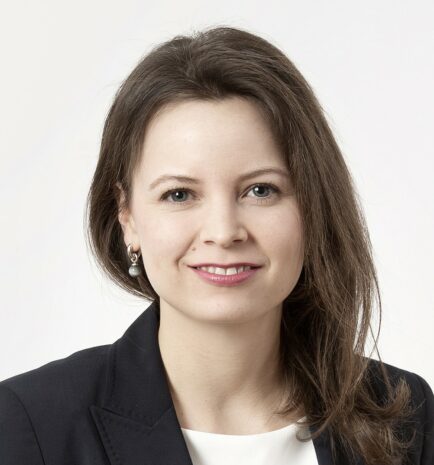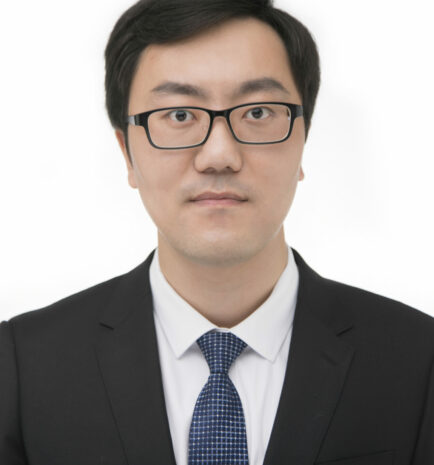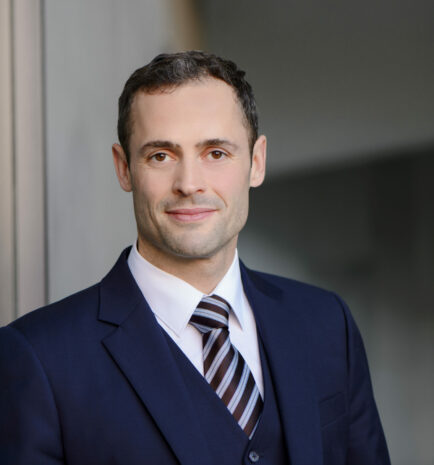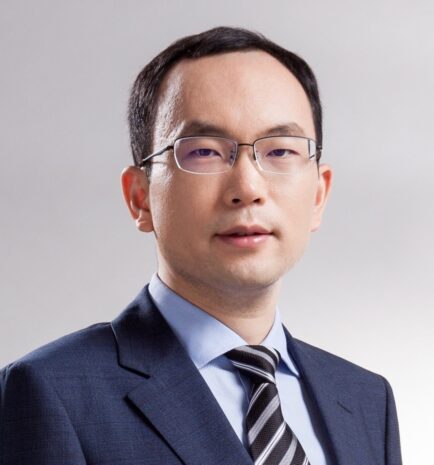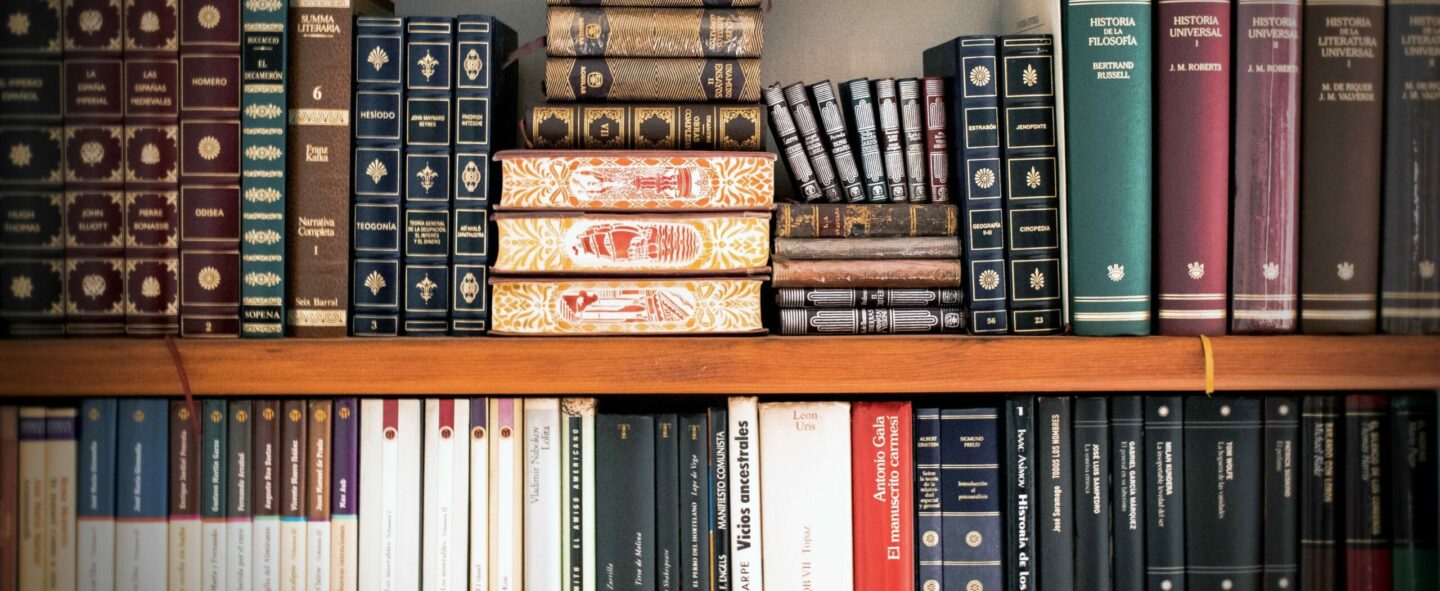
Coming up with intellectual property laws is hard. Creations of the human intellect are, after all, a fuzzy thing, they cannot be measured, they cannot be counted, and often remain as intangible as a rainbow in the sky. Think about it: A landowner can install security cameras, put up a wall around his land and hire security guards to protect his property. A novel or a piece of music, however, can be downloaded and copied by anyone almost immediately – with its inventor unable to intervene.
In order to incentivize creators to come up with ideas in the first place, intellectual property (IP) laws are needed. They try to protect ideas and allow creators to receive a reward for their labor. IPs make it worthwhile for the novelist to spend countless nights fleshing out his characters, and for the musician to sweat blood and tears to create his new album. There is a danger, however, of defining intellectual property too broadly. Doing so would prevent society from adapting and benefiting from the new information.
Now, balancing intellectual property rights is hard enough within a country, it becomes even more challenging when multiple countries are involved. Our first speaker, Dr. Ming Xu, will talk about cross-border e-commerce trade and explain intellectual property protection of Chinese e-commerce platforms and share relevant experience for entities engaged in cross-border trade.
Subsequently, Prof. Dr. Picht will put a spotlight on the rapidly developing field of artificial intelligence, a key technology of digitization and a hot topic in politics and media. He will argue that artificial intelligence must be handled in an appropriate legal framework to balance out opportunities, risks, costs and benefits of such a powerful technology. He will address the current legal framework and discuss potential developments at the intersection of AI and intellectual property.
Last but not least, Melvin Mei will delve into IP challenges presented to brand owners today. Challenges that stem from conventional legal issues but also from changing competitor and consumer behaviors, culture barriers and, of course, the current COVID-19 pandemic.
This Science Diplomacy webinar is organized by Swissnex in China in collaboration with SwissCham Shanghai.
Event Rundown
16:00 Webinar Starts
16:00-16:10 Introductory remarks
(Sabine Neuhaus – Attorney at Law, Associate, Kellerhals Carrard; Board Member, Swiss-Chinese Chamber of Commerce)
16:10-16:20 Intellectual property protection of cross-border e-commerce in China
(Dr. Ming Xu – Associate Professor, Shanghai International College of Intellectual Property, Tongji University)
16:20-16:30 Artificial Intelligence and IP law
(Prof. Dr. Peter Georg Picht – Chair for Business and Commercial Law, Center for Intellectual Property and Competition Law – CIPCO, University of Zurich)
16:30-16:40 IP challenges faced by brand owners and how they respond
(Mr. Melvin Mei – Associate Trademark and Patent Attorney Lusheng Law Firm)
16:40-17:00 Q&A and Conclusion
Speakers
-
![]()
Bio
Sabine Neuhaus
ttorney at Law, Associate, Kellerhals Carrard; Board Member, Swiss-Chinese Chamber of Commerce, ShanghaiMs. Sabine Neuhaus is a Swiss qualified lawyer and an associate at Kellerhals Carrard, the second largest Swiss full-service law firm. She has gained work experience at leading Swiss law firms, a Swiss bank and a specialized commercial court. She advises clients in the areas of international arbitration, cross-border M&A and commercial law. She has acquired extensive knowledge in the Life Science industry through advising investors and founders in private equity transactions. In her function as a board member of SwissCham Shanghai, Ms. Neuhaus is Co-Chair of the Legal Committee and Vice-Chair of the SME committee. Moreover, she is the co-chair of the UZH Alumni chapter in Shanghai.
-
![]()
Bio
Dr. Ming Xu
Associate Professor, Shanghai International College of Intellectual Property, Tongji UniversityProf. Dr. Ming Xu has been involved in numerous research projects involving block-chain theory, the developmental status and countermeasures of China’s patent system, protection of consumer information rights as well as patent portfolio valuation and competitive strategies based on patent asset indexes. He has written extensively on the European patent system and on patent competition strategies of technology enterprises.
-
![]()
Bio
Prof. Dr. Peter Georg Picht
Chair for Business and Commercial Law, Head of Center for Intellectual Property and Competition Law (CIPCO), University of ZurichProf. Dr. Peter Georg Picht studied law at Munich University and Yale Law School, did his PhD (summa cum laude) at Munich University/the Max Planck Institute for Innovation and Competition, and holds a masters degree from Yale Law School. He has been working, i.a., with the EU Commission’s DG for Competition, as a Senior Research Fellow with the Max Planck Institute for Innovation and Competition, as well as with the two international law firms. Prof. Picht now holds a chair for Commercial Law at the University of Zurich and is head of the University’s Centre for Intellectual Property and Competition Law (CIPCO).
-
![]()
Bio
Melvin Mei
Associate, Trademark and Patent Attorney, Lusheng Law FirmMr. Melvin Mei is a qualified Chinese lawyer, patent attorney and trademark attorney at Lusheng Law Firm, a member of the Rouse Network. He works closely with overseas and domestic clients and provides pragmatic and commercial advice on IP acquisition, exploitation and enforcement to solve client’s business problems in China. With over 10 years’ experience, he leads teams in managing trademark portfolios for clients covering a wide spectrum of industries and representing them in various trademark and patent proceedings before CNIPA and courts.
In collaboration with
SwissCham
The Swiss Chinese Chamber of Commerce, separately registered in Mainland China and Switzerland, and the Swiss Chamber of Commerce Limited in Hong Kong (SCCHK) are a network of three private associations. Their common goal is to gather the main actors of the Sino-Swiss business community in order to strengthen the political and economic bonds between the two countries, stimulate interaction and develop business opportunities.
